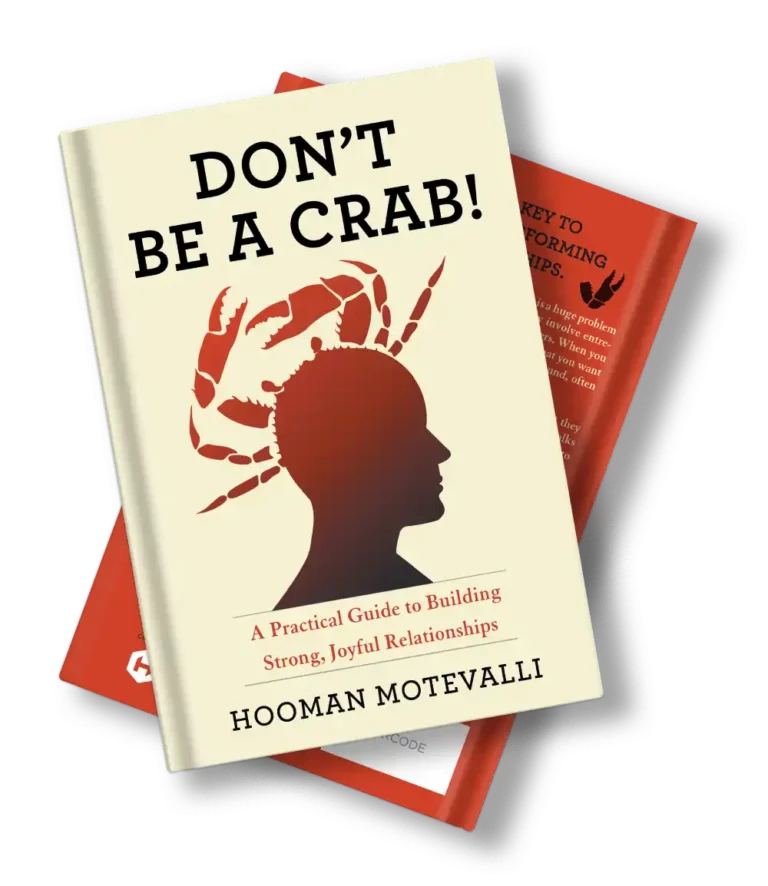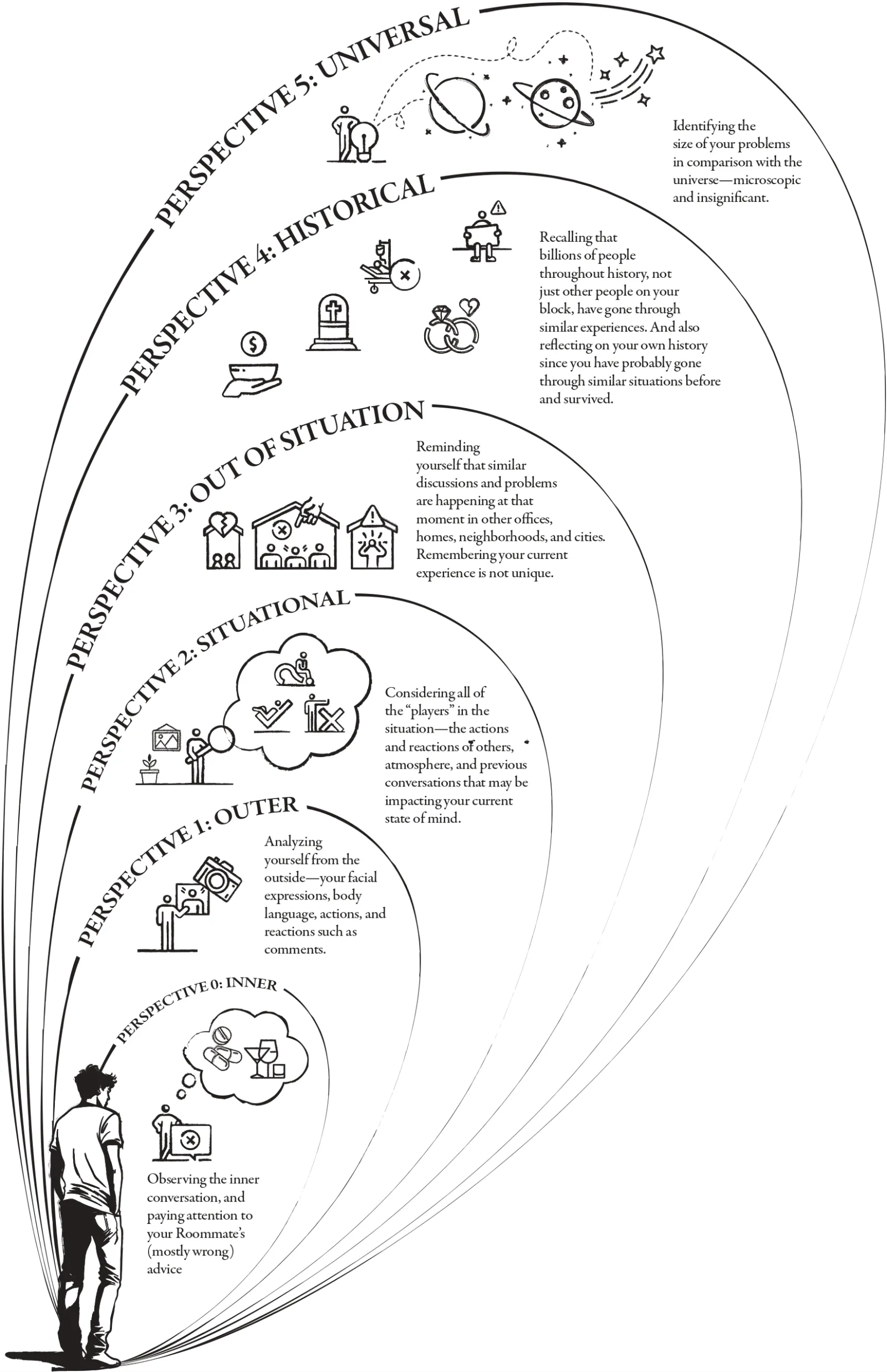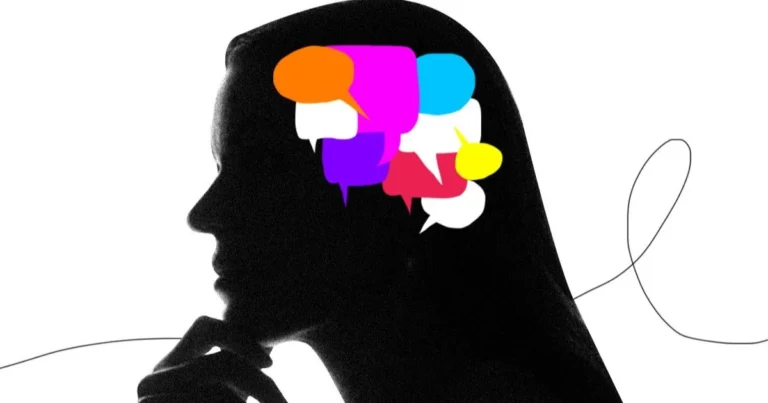Trainer

Where Did The Path To Becoming A Trainer Start?
A decade ago, my father was complaining about feeling sick and discouraged when we were talking on the phone, but I was away from my homeland at the time, so I couldn’t help him.
Plus, he always managed to visit medics by himself. When we spoke on the phone, I told him, “I’ll be back in two weeks. We can find a solution if it continues.”
“It may be too late by then,” he replied.
As it turned out, he was right. He died the day after that conversation, and I was devastated. Consequently, a conver- sation started in my head that I couldn’t stop. I blamed myself for not taking action.
Even though I knew my mom had helped my dad in every way, I still told myself I should have called my friends and relatives who are doctors. I felt sick in the head, like something poisonous was pushing me to take responsibility for this horrible incident. But what action could I take? What could I do to change what had happened? Why couldn’t I stop the conversation? How did I get so stuck?
The situation with my father is a dramatic example, but we all engage in inner self-talk that leaves us confused and despairing.
Why does this happen? Here I started to devise my training program firstly on myself-
What Is My CCC ?
Convert Confusion Into Clarity

We see the issues, and we look for a quick fix. But this rarely works. We cannot use shortcuts to resolve conflicts with romantic partners, family members, colleagues, friends, or strangers, and political leaders cannot use them to resolve conflicts with each other. In fact, the problems often get worse when we do so because we make assumptions, then act in response.
When our actions do not improve the situation, we become disappointed and angry and escalate the conflict.
Instead, we need to lay aside our assumptions and quick fixes.
We need to address the root: the process in the input-process-output system. Our nonstop internal conversations lie at the heart of the confusion that causes us to deliver hurtful outputs.
So I offer a way to get to the root through the Converting Confusion into Clarity (CCC) training. We start by simply recognizing that this inner voice, our Roommate, exists and that it causes confusion.
Then we learn techniques for managing and finally training our Roommate so that it doesn’t sabotage our relationships, ruin our reputation, and damage our mental health.
As we each gain clarity in our individual processing system, we can start to improve society as a whole.
6 Levels Of CCC-Training
This CCC training is dynamic. You will continue applying the key lesson from Level 1, for example, after you move on to Level 2 and beyond. Becoming proficient at observing, analyzing, distinguishing, and managing the conversation, as well as training your inner voice so that you can better serve others, takes time and practice.
Here’s a quick glimpse of the key takeaway from each level:
The Observer
The Analyzer
The Distinguisher
The Manager
The Server
The Alchemist
Before I was trained to help others, I used service as a way to satisfy my own needs. I’d spend ten minutes looking at a charity’s website and then make a donation, feeling quite good about myself. I stayed well within my comfort zone. I didn’t dive into their website or call to verify how they used donations or to discover their real needs.
Now, I view service much differently. I don’t give for the sake of giving. I plan. I consider my resources, the needs of the charity or person, and the ways I am capable of helping. I intentionally leave my safe place to figure out the priorities and my contribution. This planning and research requires inner space. It is only possible because I’ve learned how to harness the chatter in my head.
When I reversed my prioritie —from finances, certificates, skills, and business meetings to my mental health—I prospered and flourished. And as my life changed and I converted my inner confusion into clarity, I was free to help change the lives of others.
Now, I am working toward the next level, Alchemist. Here, true servers work together in a decentralized way to transform our world. As more and more people learn to train their inner voice and open space for empathy and empowerment, our cities, states, countries, and planet will change. But it starts with each one of us. We each need to convert confusion into clarity and then reach out to others.
Where To Start
Remember, this process all starts by paying attention to the conversation going on inside your head. Your Roommate always stands ready to jump in and protect you by offering “helpful” advice on how to get yourself back to your comfort zone.
To become a server who makes a difference in personal relationships and society, you must begin with an awareness of this inner dialogue. Then you can choose to ignore your Roommate’s suggestions and respond in a way that betters life for you and others
Let’s review the levels of the CCC training and the key takeaway at each level:
Level1: The Observer.
You will succeed in observing the conversations running in your mind most of the time.
Level2: The Analyzer.
You will be able to analyze the internal chats to determine how they impact your relationships, reputation, and mental health.
Level3: The Distinguisher.
You will be capable of distinguishing the roles in your internal conversations: the listener and decision-maker (you), and the speaker or inner voice (part of you, but not you).
Level4: The Manager.
You will succeed in managing your inner voice so that you make better decisions in your relationships and in general.
Level5: The Server.
You will be in a position to truly serve others because you have learned to train your inner voice.

As stated, moving through these levels is a dynamic process that requires daily practice. The ultimate goal is to become as clear as possible moment by moment so that you improve your own mental health and build strong, joyful relationships.
At the beginning of the training sessions, I share a health-wealth-happiness triangle to illustrate what’s possible.
As we learn to observe, analyze, distinguish, manage, and train, we can enjoy the highest levels in all three aspects: we enjoy a healthy state of mind, we feel wealthy because we don’t compare our insides to others’ outsides, and we experience unconditional happiness because it isn’t pinned to external factors.
All of which clears space within so we are free to serve our own higher needs of self-actualization as well as the needs of others and our world.
Where Do You Start?

Decide whether you will write in a notebook, on Google Drive, or in another tool. Or use a combination of tools like I do.
Divide your writing space into different sections: one for Talk Checks, one for Exercises, one for Not to Dos, and one for Fears. Write out the short version of each Exercise, Not to Do, and Fear, so you have them all in one place.
When you realize a conversation has started, write it down word for word. As you start analyzing your conversations, write down the situation in which they happened as well as your actions and reactions. As you begin applying exercises, write down which ones helped you manage your self-talk and return to a place of calm.
Each week, gauge your progress by identifying how many times you engaged in one of the Not to Dos. Each quarter, create a more thorough report of how often you engaged in one of the Not to Dos. In these quarterly reports, pay particular attention to the gaps—for example, how much you blame others now and how much it has decreased in the last week, month, and quarter. Also, observe when that number soared, and investigate what incident may have caused it.
As you complete the reports and keep track of your progress, you will probably notice your second quarter is worse than your first. Why? As you move through the training and start watching for more Not to Dos, you will become aware of other areas where you are reacting to your Roommate’s input.
This is a dynamic process because we are always encountering new situations and conversations where we might be pushed out of our comfort zone. If you continue practicing, however, you will likely find yourself back on track in quarter three and continually improving from there on.
6
Perspectives
As you learned in the exercises section of Chapter 4, taking diverse perspectives allows us to better manage our internal self-talk and our reaction to it. Looking at situations from all sides reminds us of the relative size and importance of the current event, which can help us discern whether there is a threat and whether we need to protect ourselves in the ways our Roommate is recommending.
Perspective 1
Inner
Observing the inner conversation and paying attention to your Roommate’s (mostly wrong) advice.
Perspective 2
Outer
Analyzing yourself from the outside—your facial expressions, body language, actions, and reactions such as comments.
Perspective 3
Situational
Considering all of the “players” in the situation—the actions and reactions of others, atmosphere, and previous conversations that may be impacting your current state of mind.
Perspective 4
Out of Situation
Observing the inner conversation and paying attention to your Roommate’s (mostly wrong) advice.
Perspective 5
Historical
Recalling that billions of people throughout history, not just other people on your block, have gone through similar experiences. And also reflecting on your own history since you have probably gone through similar situations before and survived.
Perspective 6
Universal
Identifying the size of your problems in comparison with the universe—microscopic and insignificant.
Get Hooman Motevalli's New Book Now!
A Practical Guide To Building Strong, Joyful Relationships.

Connect With Me
If you’d like to connect, please click on the button





